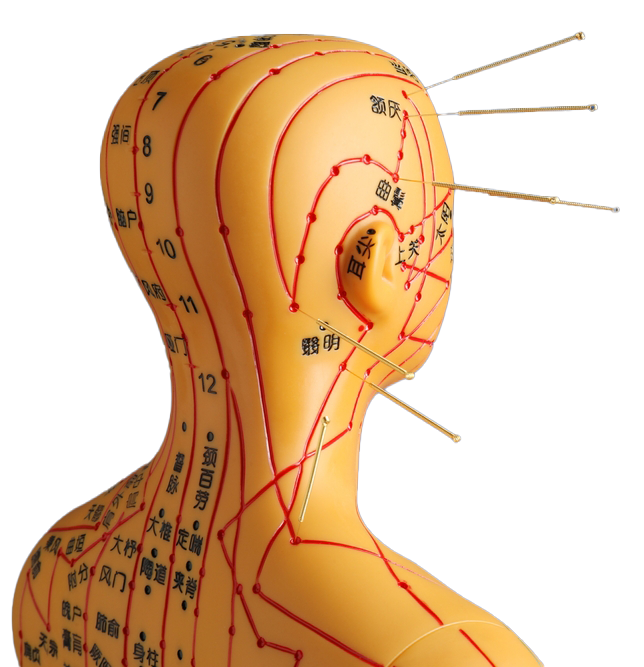- Facet joint Radiofrequency Thermocoagulation (RFT) Treatment
- Radiofrequency Thermocoagulation Dorsal root ganglion (DRG) radiofrequency thermocoagulation (RFT)
- Discitis Procedure
- Sacroiliac Joint Radiofrequency Treatment (Simplicity)
- In-Disc Ozone Therapy
- Nucleoplasty
- Transforaminal Injection (Pinpoint)
- Facet joint block
- Epidural Injection
Anti-inflammatory drugs
- Home
- Medication Therapy
- Anti-inflammatory drugs
Contents
Toggle- Creating an individualised treatment plan
- The role of different specialities (physiotherapist, orthopaedist, psychologist, neurosurgeon)
- Pain treatment during pregnancy
- Treatment of chronic pain in the elderly
- Pain management in children
- Stress management
- Healthy eating
- Ergonomic living arrangements
- Exercise and mobility
- Facet joint Radiofrequency Thermocoagulation (RFT) Treatment
- Radiofrequency Thermocoagulation Dorsal root ganglion (DRG) radiofrequency thermocoagulation (RFT)
- Discitis Procedure
- Sacroiliac Joint Radiofrequency Treatment (Simplicity)
- In-Disc Ozone Therapy
- Nucleoplasty
- Transforaminal Injection (Pinpoint)
- Facet joint block
- Epidural Injection
- Cancer pain
- Permanent Epidural / Spinal Port Application
- Vascular Port (Permanent Vascular Access)
- Trigeminal Nerve RFT
- Blockade of Ganglion Stellatum
- Lumbar Sympathetic Ablation
- Facet joint Radiofrequency Thermocoagulation (RFT) Treatment
- Radiofrequency Thermocoagulation Dorsal root ganglion (DRG) radiofrequency thermocoagulation (RFT)
- Hernia Burning (IDET)
- Discitis Procedure
- Sacroiliac Joint Radiofrequency Treatment (Simplicity)
- Permanent Epidural / Spinal Port - Pump System
- In-Disc Ozone Therapy
- Nucleoplasty
- Peripheral Nerve Block
- Transforaminal Injection (Pinpoint)
- Facet joint block
- Epidural Injection
- Intra-articular Fluid Treatment
- Dorsal root ganglion (DRG) radiofrequency thermocoagulation (RFT)
- Spinal cord stimulation (pain pacemaker)
- Ergonomic living arrangements
- Spinal cord stimulation (pain pacemaker)
- Nucleoplasty
- Radiofrequency ablation
- Herbal solutions
- Dry needle treatment
- Anti-ageing treatments
- Ozone therapy
- Cupping therapy - Cupping
- Mesotherapy
- Prolotherapy
- Acupuncture
- Stem Cell Therapy
- Nerve blockages
- Corticosteroid injections
- Massage and relaxation techniques
- Manual therapy
- Electrotherapy
- Neuropathic pain medications
- Anti-inflammatory drugs
- Muscle relaxants
- Painkillers (paracetamol, ibuprofen, etc.)
Anti-inflammatory Drugs: Supporting the Body's Defence Mechanism
Symptoms such as pain, swelling and inflammation are an alarm system of our body. These symptoms indicate that our body is on the defence against any injury, infection or disease. In order to cope with these situations that make our daily life difficult, "anti-inflammatory drugs" are often preferred. So, what exactly are anti-inflammatory drugs, how do they work and in which cases should they be used? Here are the answers to these questions:
What are anti-inflammatory drugs?
Anti-inflammatory means "reducing inflammation or inflammation". These medicines aim to control symptoms such as pain, swelling and redness by alleviating the inflammatory response in the body. There are two main types:
- Non-Steroidal Anti-inflammatory Drugs (NSAIDs): Ibuprofen, naproxen, diclofenac are commonly used over-the-counter or prescription painkillers and anti-inflammatory drugs.
- Steroidal Anti-inflammatory Drugs (Corticosteroids): Prednisone is a hormone-derived medicine, such as cortisone, which is usually used to treat more serious inflammatory diseases.
How Do They Work?
- Inhibition of Prostaglandins (NSAIDs): Substances called "prostaglandins" play an important role in the inflammatory process. NSAIDs stop the production of these substances and reduce pain, swelling and fever.
- Regulating the Immune System (Corticosteroids): Steroids control abnormal or excessive reactions by suppressing the body's defence system, thereby significantly reducing inflammation.
In which cases is it used?
- Joint Pains and Rheumatic Diseases: To relieve pain and swelling in chronic conditions such as rheumatoid arthritis, osteoarthritis.
- Sports Injuries: Relieves pain in muscle, joint and connective tissue injuries, accelerates healing.
- High Fever Conditions: To reduce the body's inflammatory response in febrile infections.
Neurological and Autoimmune Diseases: In cases where the immune system is overworked, such as multiple sclerosis (MS) and lupus, steroids may be used to control symptoms.
Most Common Types of Anti-inflammatory Drugs
-
- a) Non-Steroidal Anti-inflammatory Drugs (NSAIDs)
- Ibuprofen It is frequently preferred for mild to moderate pain such as headache, toothache, musculoskeletal system pain.
- Aspirin (ASA): In low doses, it can also be used for cardiovascular protection. However, caution should be exercised due to its effects on the stomach.
- Naproxen, Diclofenac, Ketoprofen: There are prescription or non-prescription forms depending on the severity of pain and the degree of inflammation.
- b) Steroidal Anti-inflammatory Drugs (Corticosteroids)
- Prednisone, Prednisolone: It is often used in rheumatological, asthmatic or allergic reactions.
- Cortisone Injections: It can quickly relieve pain and swelling when injected directly into the joints.
- Methylprednisolone (Solü-Medrol, etc.): In more severe cases or intravenous therapies may be used.
Usage and Dosage Recommendations
- Physician Guidance: The use of anti-inflammatory drugs, especially in chronic conditions, must be on the advice of a doctor.
- Overdose Avoidance: The idea that "more cures better" is wrong. High doses of medication can cause serious side effects.
- Short Term Use: In most cases, relief is aimed for as soon as possible with the lowest dose. Long-term use can trigger gastrointestinal problems, especially with NSAIDs.
Side Effects and Cautions
-
- Gastrointestinal Problems: NSAIDs in particular may increase the risk of heartburn, ulcers and bleeding. It may be recommended to be used in combination with gastroprotective drugs.
- Kidney Functions: Long-term and high doses of NSAIDs may cause dysfunction by creating a burden on the kidneys.
- Liver Damage: It is important to monitor liver values, especially in chronic use.
- Effect on the Immune System (Steroids): Long-term use of corticosteroids can reduce the body's resistance to infections.
- Blood Sugar and Blood Pressure: Steroids can increase blood sugar and blood pressure. Therefore, patients with diabetes or hypertension should be under the control of a doctor.
How to Make It More Effective?
- Proper Nutrition: An anti-inflammatory diet high in vegetables, fruit and whole grains can support the effect of medication.
- Movement and Exercise: Light exercise or walking can help strengthen joints and muscles and reduce inflammation.
- Plenty of Water Consumption: Water helps to remove waste substances from the body and maintains general health.
- Stress Management: High stress levels can trigger inflammation. Yoga, breathing exercises or relaxation techniques can be tried.
Conclusion
Anti-inflammatory drugs play an important role in the fight against inflammation and pain. When used correctly, they can greatly improve quality of life. However, it should not be forgotten that, as with any medication, these medications also have side effects and risks. Therefore, if your pain recurs frequently or persists for a long time, you should consult a specialist to determine the underlying cause and plan your medication under the supervision of your physician.
Remember, supporting medication with exercise, proper nutrition and lifestyle changes often leads to more sustainable and healthier results.
Our treatments
- Home
- Medication Therapy
- Anti-inflammatory drugs





